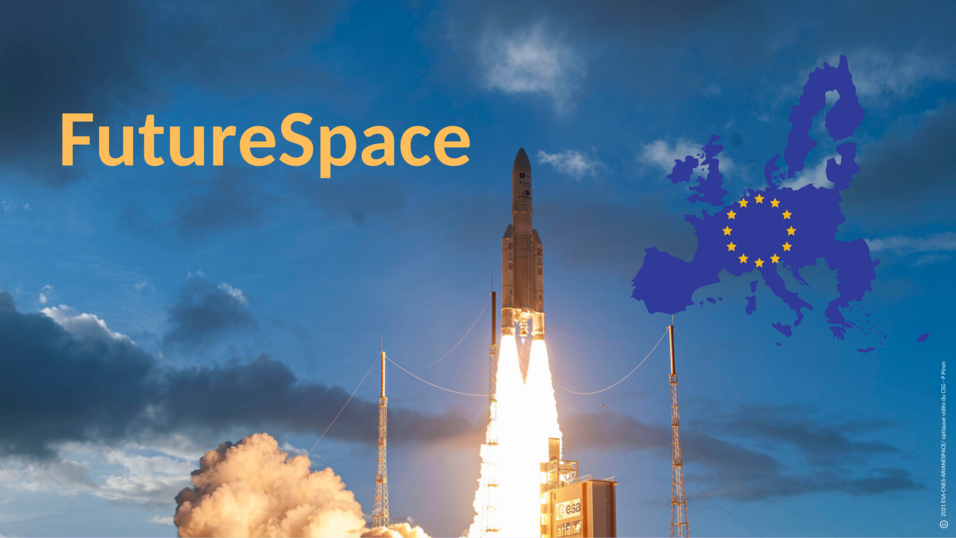Abstract
When we think about practices of European integration, we rarely think about how they may extend to outer space. Yet, a new global space race is in full swing, in which commercial and government actors worldwide are putting forward bold visions of human future sin outer space. Europe is at the cusp of deciding which role to play in this new space age. Do we witness the emergence of shared European visions for outer space, and how would these build on and inform current European integration practices? These questions are at the center of FUTURESPACE. They will be investigated using the joint European rocket Ariane as a case study. While Ariane was heralded as a symbol of European integration since its first launch in 1979, the rise of commercial companies like SpaceX has spurred profound debates about the future of the European Ariane program. My project will be unique in its attempt to expand questions of European integration to outer space by asking: Which kind of space futures are projected onto and realized through Ariane, and how do these futures relate to ideals and tensions of European integration? By exploring the intricate relations between large-scale technological projects, practices of European integration, and envisioned space futures, my project will provide empirically and theoretically rich insights into how the future of European integration in space is imagined and enacted in the global space race. Methodologically, FUTURESPACE conducts an interdisciplinary ethnography that links social science and engineering to better understand the material and imaginative aspects of this unique space infrastructure. With the increasing relevance of outer space for societies on Earth, such a project is much needed. FUTURESPACE will offer highly relevant and timely insights into how future visions of space shape forms of European collaboration in the present and how, conversely, geopolitical relations on Earth shape how, and by whom these futures are imagined.
About
Nina Klimburg-Witjes is a science and technology researcher at the University of Vienna and received her PhD from TU Munich in 2017. Her research is dedicated to the interactions between technological innovations and global politics, with a particular focus on space technologies and security policy. In her numerous projects and publications Klimburg-Witjes focuses on the question of how actors in politics and industry imagine and shape socio-technical futures. Before joining the University of Vienna, she was a postdoctoral fellow at the Munich Center for Technology in Society, head of the research unit "Science, Technology and Global Politics" at the Austrian Institute for International Affairs, a visiting fellow at the European Space Policy Institute, and a visiting scholar at the University of Freiburg and Lund University in Sweden.
Photo-Copyright: ©2021 ESA-CNES-ARIANESPACE/ optiquue vidéo du CSG - P Piron

